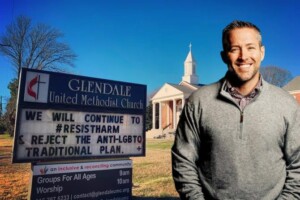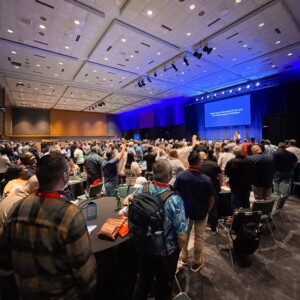
SBC Pastors Introduce Motions to Abolish the ERLC, Pass the Law Amendment At The 2025 Annual Meeting
The Southern Baptist Convention’s 2025 annual conference kicked off with a bang earlier today, as the first two motions introduced sought to abolish the ERLC and pass the Law Amendment, the latter whch is a proposed change to the Constitution of the Southern Baptist Convention that would mandate that churches






